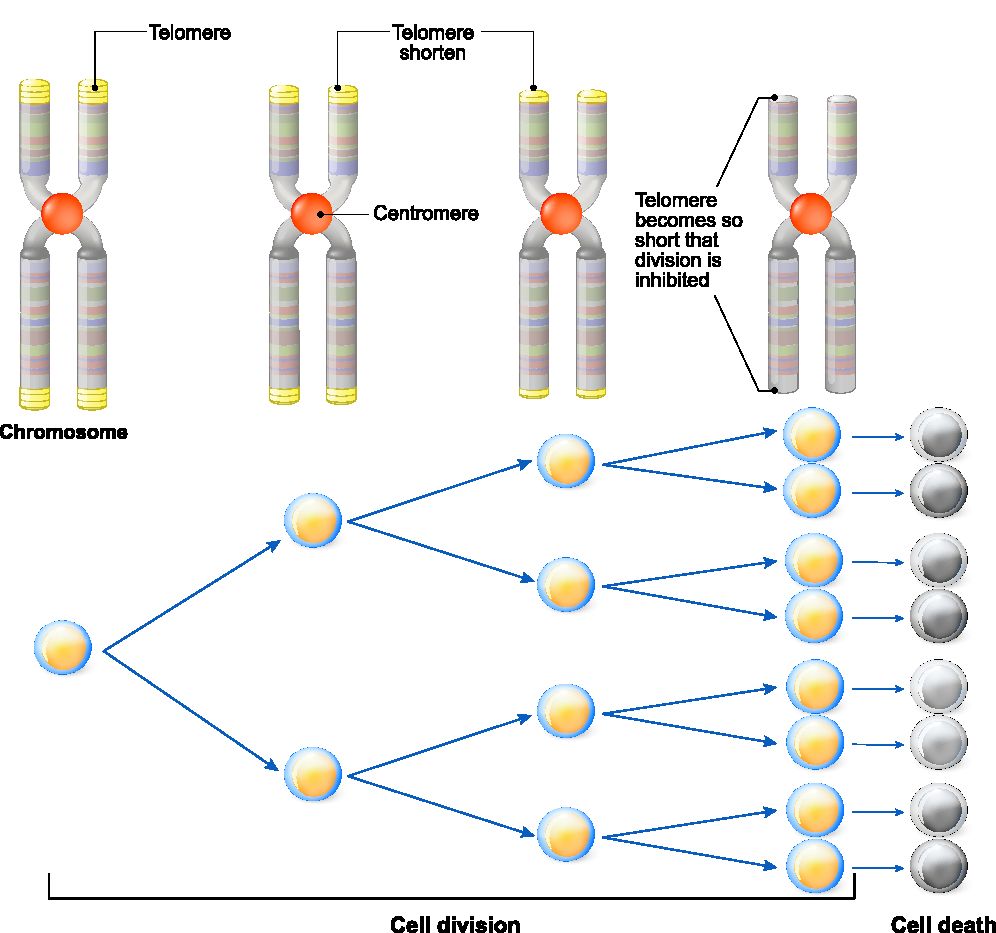While beginning a meditation practice has numerous benefits, it usually takes time for those benefits to accrue in a measurable way. But, a compelling new study has found that novice meditators that were taught a guided Loving Kindness Meditation practice for just six weeks had less shortening of their telomeres. If you’re new to meditation, or have been hoping to turn back time on cellular aging, this guided practice may be a good place to start.
Telomeres, the long and short of it
Often compared to aglets (the plastic-capped ends of shoelaces), telomeres are the protective ends of the strands of chromosomes. They are thought to protect the genetic sequencing on our chromosomes and become shortened and frayed over time by cell division and environmental factors. Telomeres and the enzyme telomerase were discovered in the early 80s, earning the team of researchers a Nobel Prize in Physiology/Medicine in 2009. They’ve been making headlines ever since, becoming the stars of multiple theories on aging and disease. Short-fraying telomeres are associated with cellular aging, and, since we’re made up of cells, human aging too! While science is still tracing the exact path of causation from shortened telomeres to aging and disease, there’s a strong correlation between shortened telomeres, cardiovascular disease, cognitive decline, and cancer.

A telomere length and mindfulness discovery
A study published in 2015 discovered an exciting link between telomere length and mindfulness techniques. The double-blind study followed a group of breast cancer patients that had completed treatment and entered the survivorship phase. As you might imagine, this phase is often marked by increased anxiety, heightened cortisol levels, and environmental factors related to shortened telomeres. Participants attended eight weekly sessions of Mindfulness-Based Cancer Recovery (MBCR), modeled after present moment awareness techniques and a six-hour retreat. Over the three-month study, researchers found that the MBCR group showed less telomere attrition than the control group.
Telomeres love Loving Kindness
This 2019 study examined the effects of Mindfulness and Loving Kindness meditations on telomere attrition in comparison to a randomized control group. All groups were new to any meditation or mindfulness practices. Telomere length was measured two weeks before the workshops in which the meditation practice began, and again three weeks after. Participants who completed the six-week workshop in Loving Kindness Meditation showed less telomere attrition than the control group and the Mindfulness Meditation group.
Getting your own Loving Kindness practice started
Loving Kindness Meditation, or metta meditation, is a compassion cultivation practice. There are lots of wonderful teachers, as well as written and audio guides out there, but here is a simple variation to get started today:
Sit comfortably. Close the eyes, then notice the sensation of your breath. Use the following phrases, focusing your attention on the experience of loving kindness, first considering someone easy to love:
May they be well
May they be happy
May they be healthy
May they be free from suffering
May they be filled with loving kindness
Repeat, changing the focus of your compassionate awareness to yourself, followed by someone neutral, then another who might be more challenging. Next, expand your awareness to be more inclusive. Compassionately consider your community, perhaps casting your compassion net wider until you’re imaging the entire planet well, happy, and healthy. Perhaps you come back to yourself, to those lovely little telomeres, and send them a little loving kindness too.
While beginning a mindfulness practice of any kind has a wide range of long-term health benefits, specifically utilizing a Loving Kindness meditation can be a quick win that also slows cellular aging and telomere attrition. To keep our telomeres happy, we can cultivate a little kindness and compassion through this guided, meditative practice.















